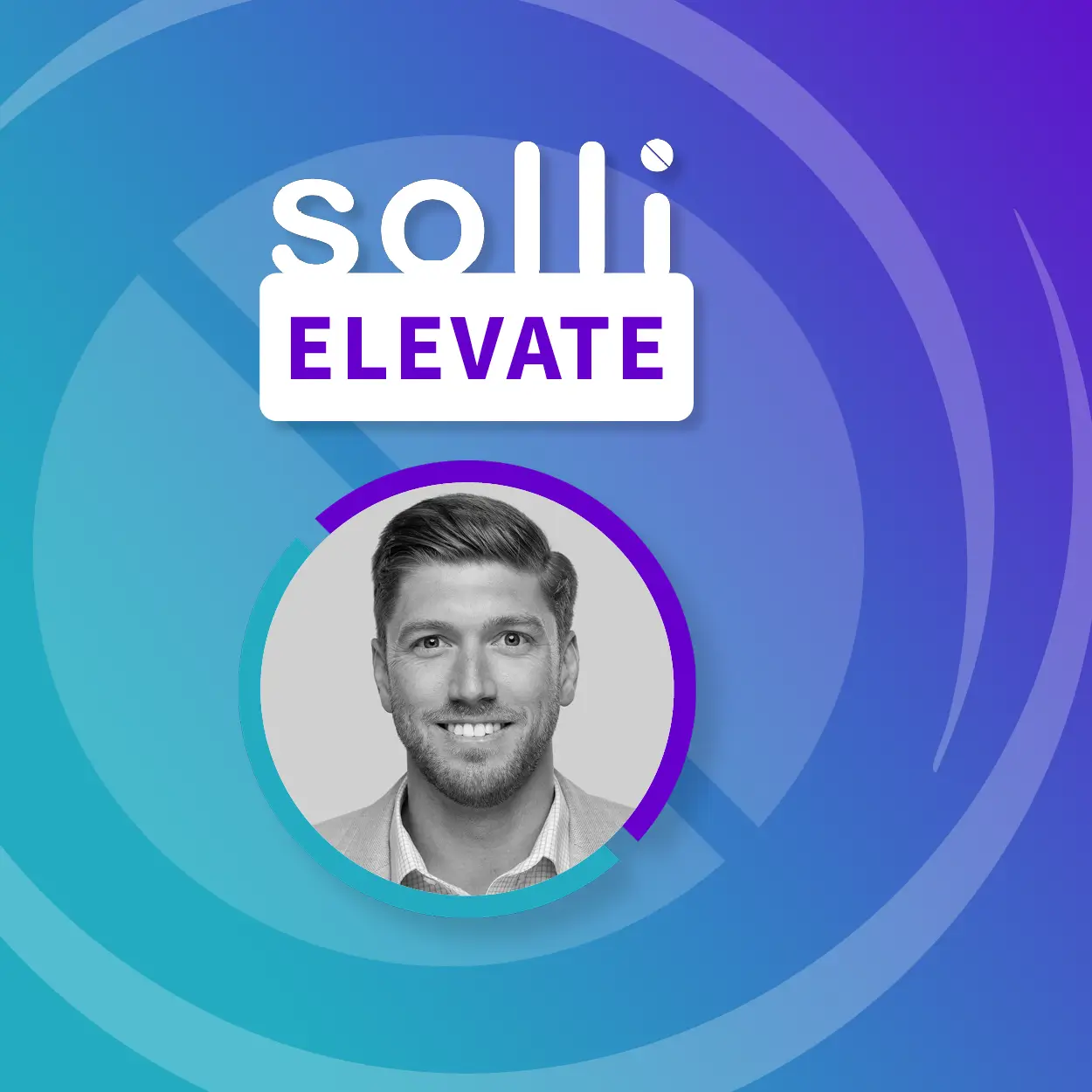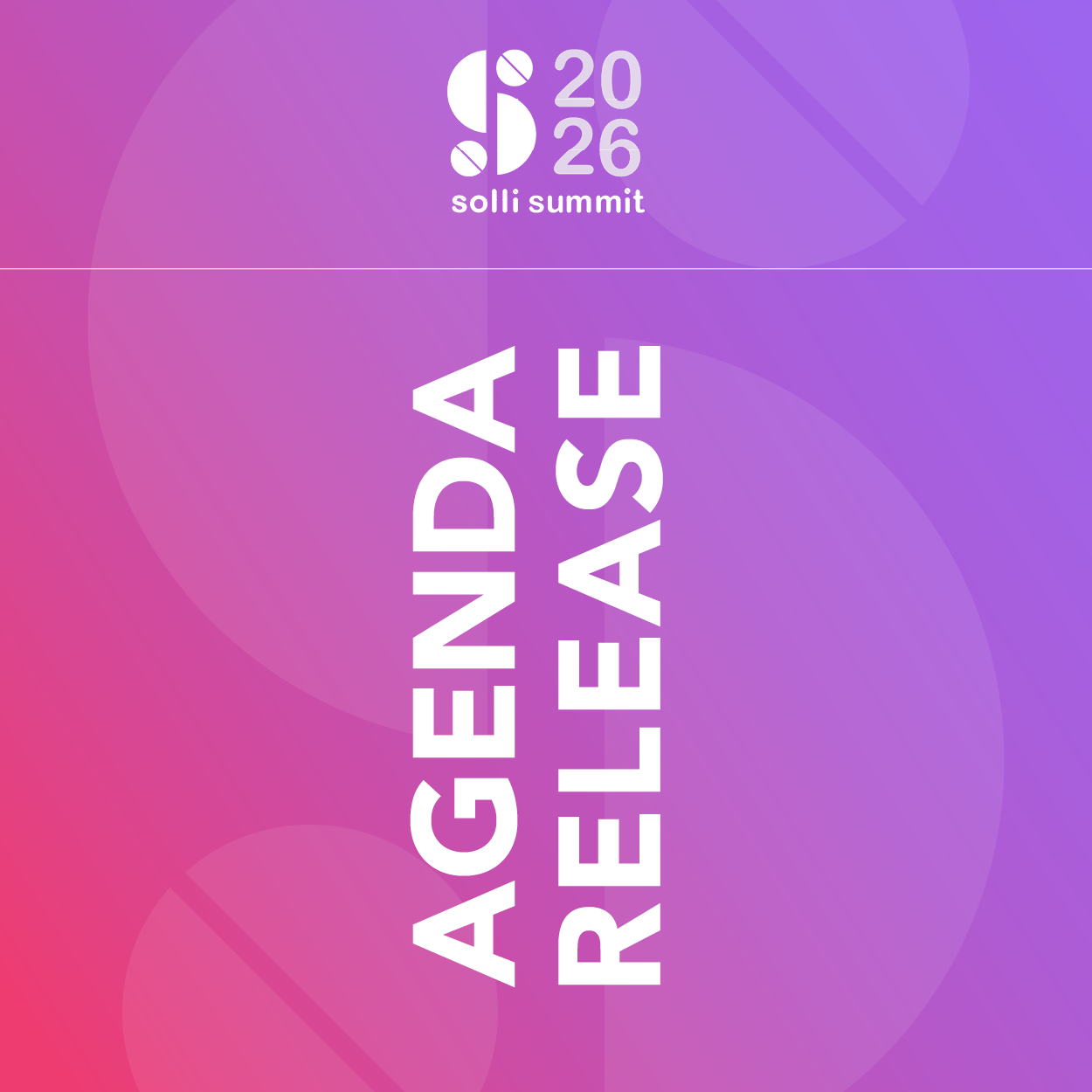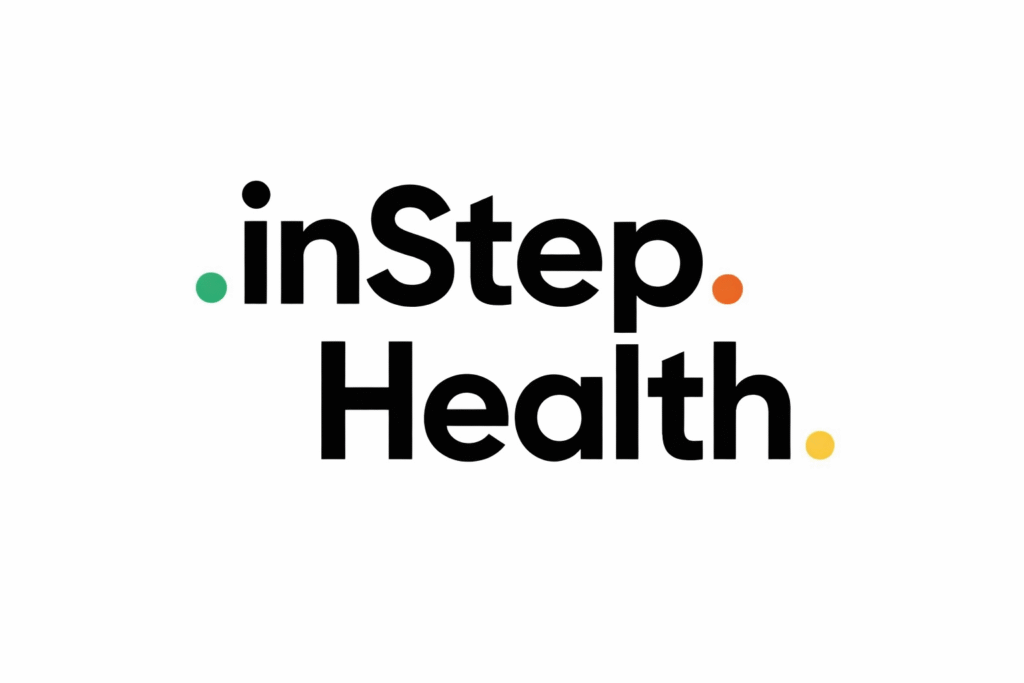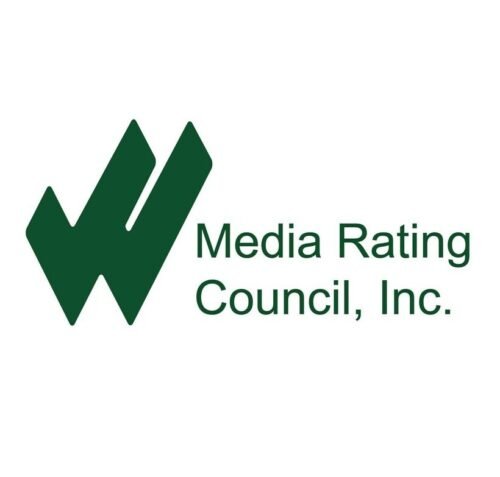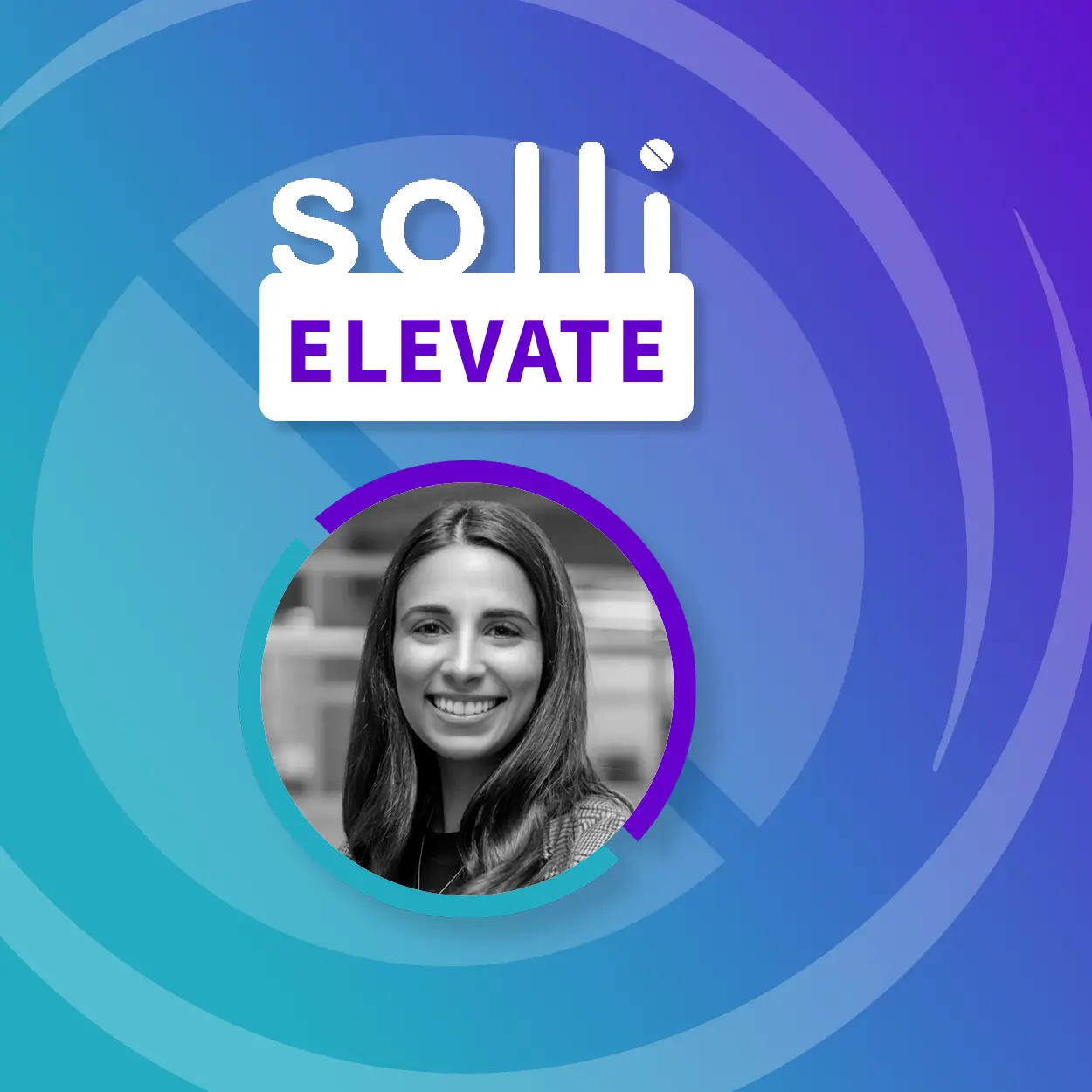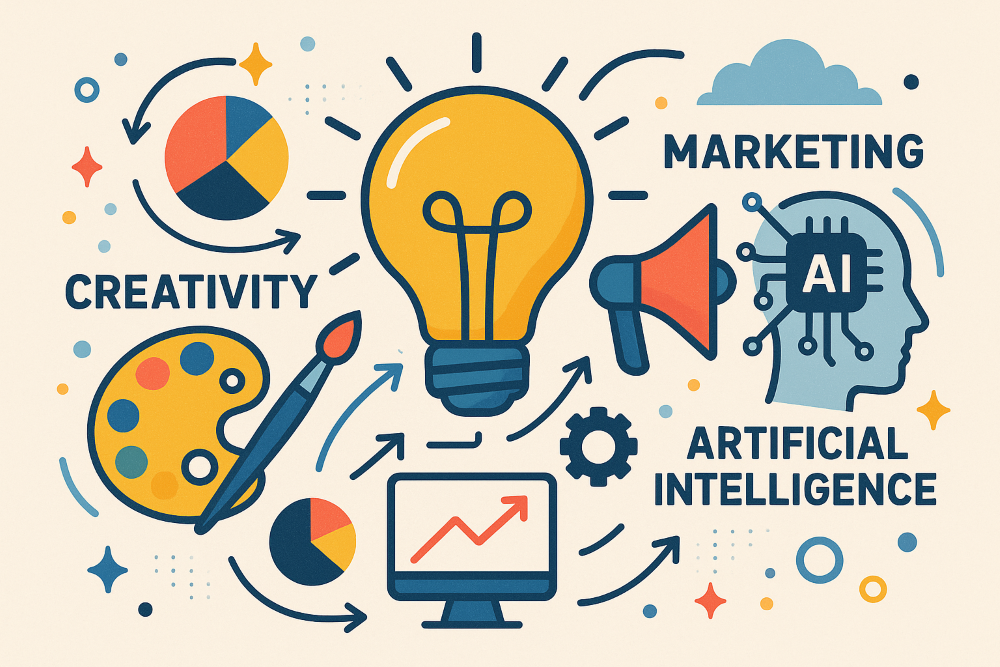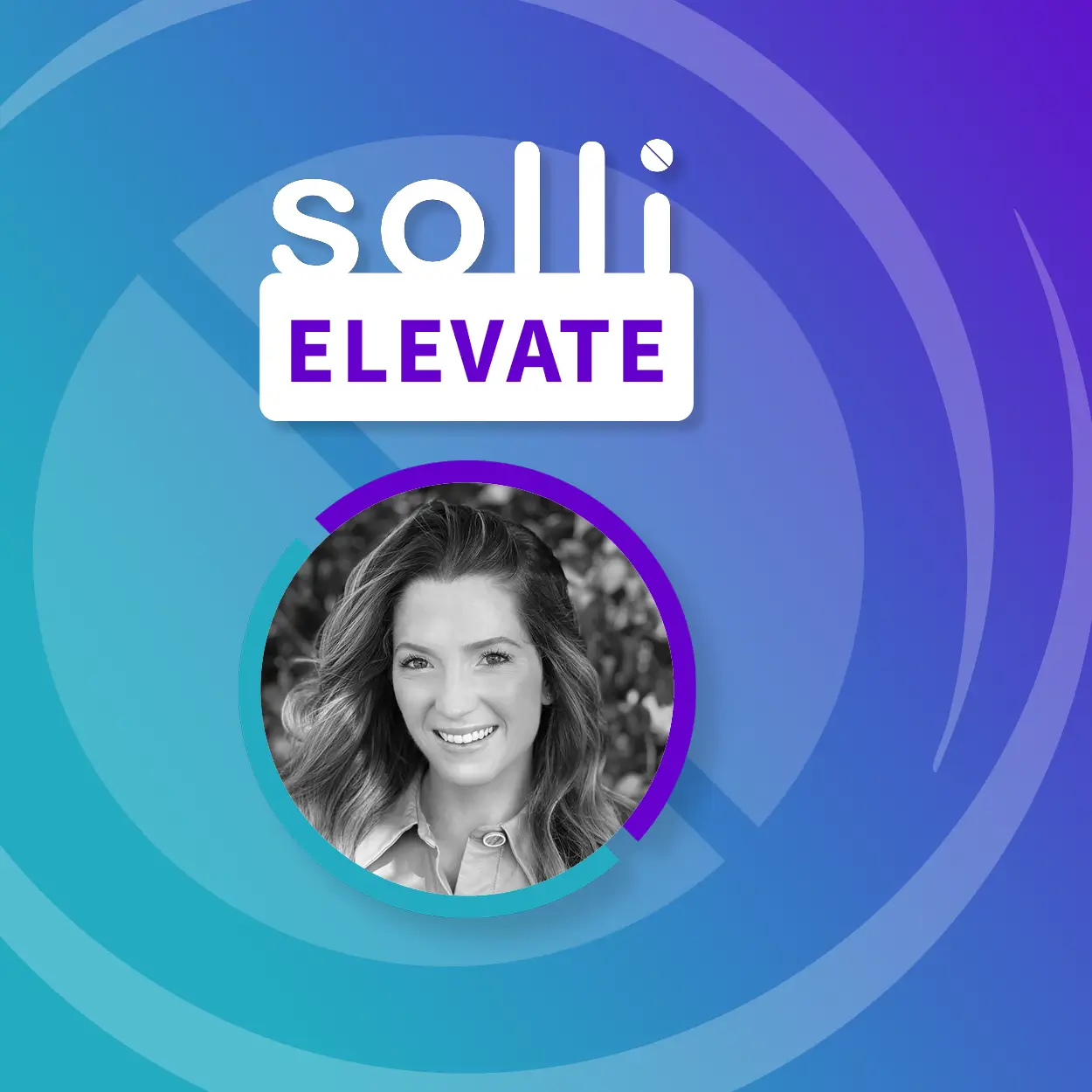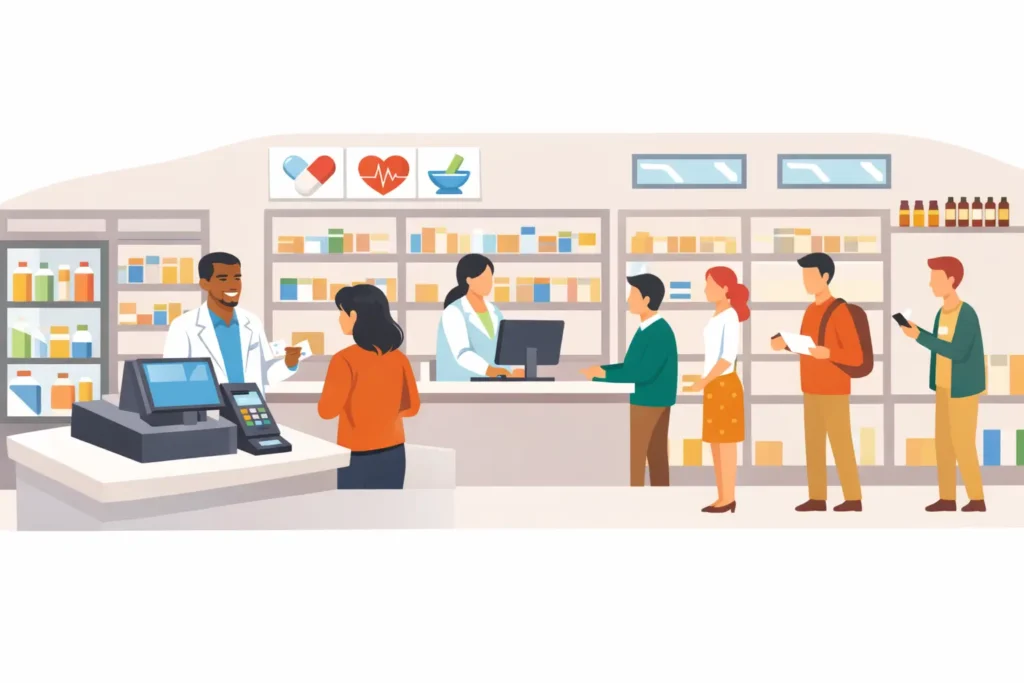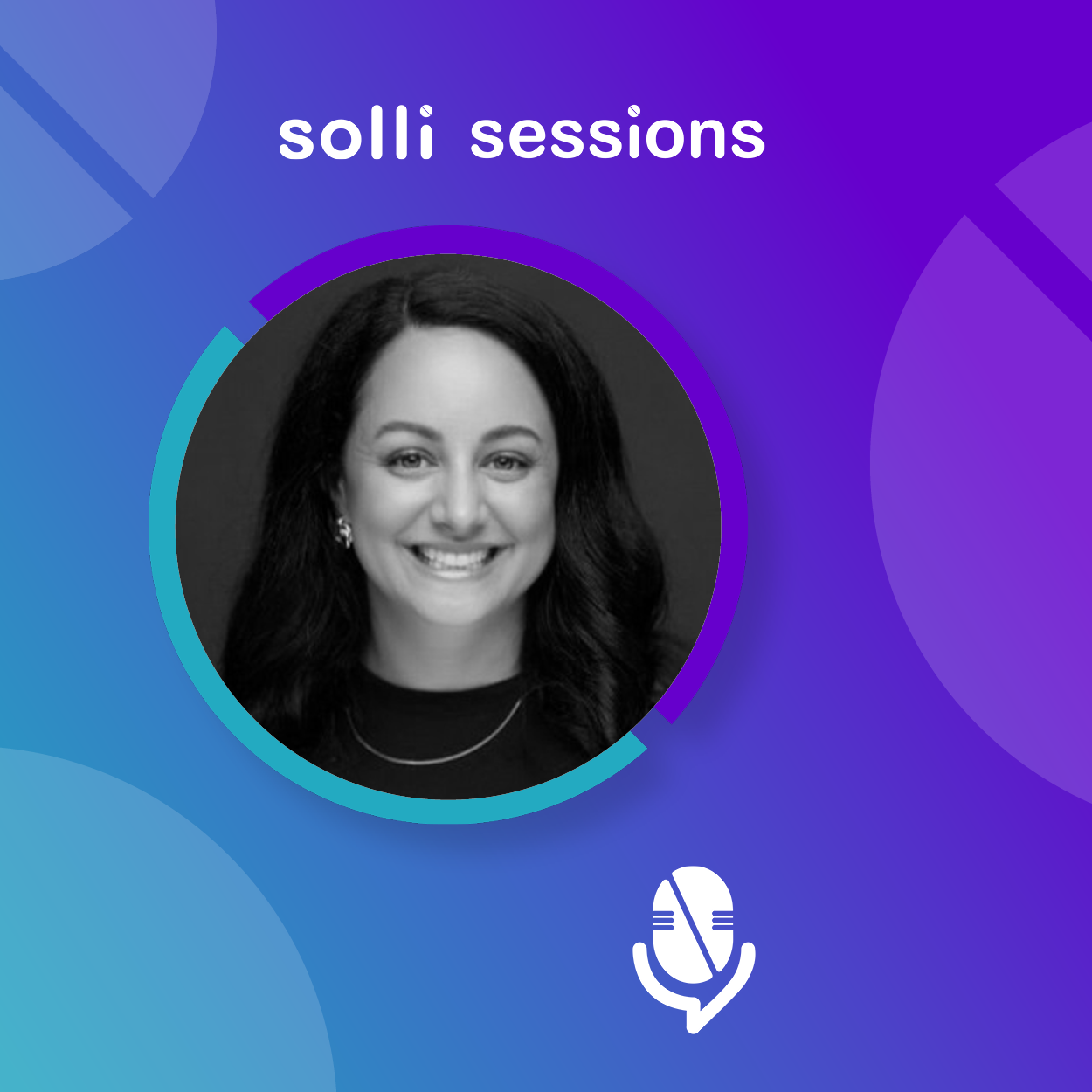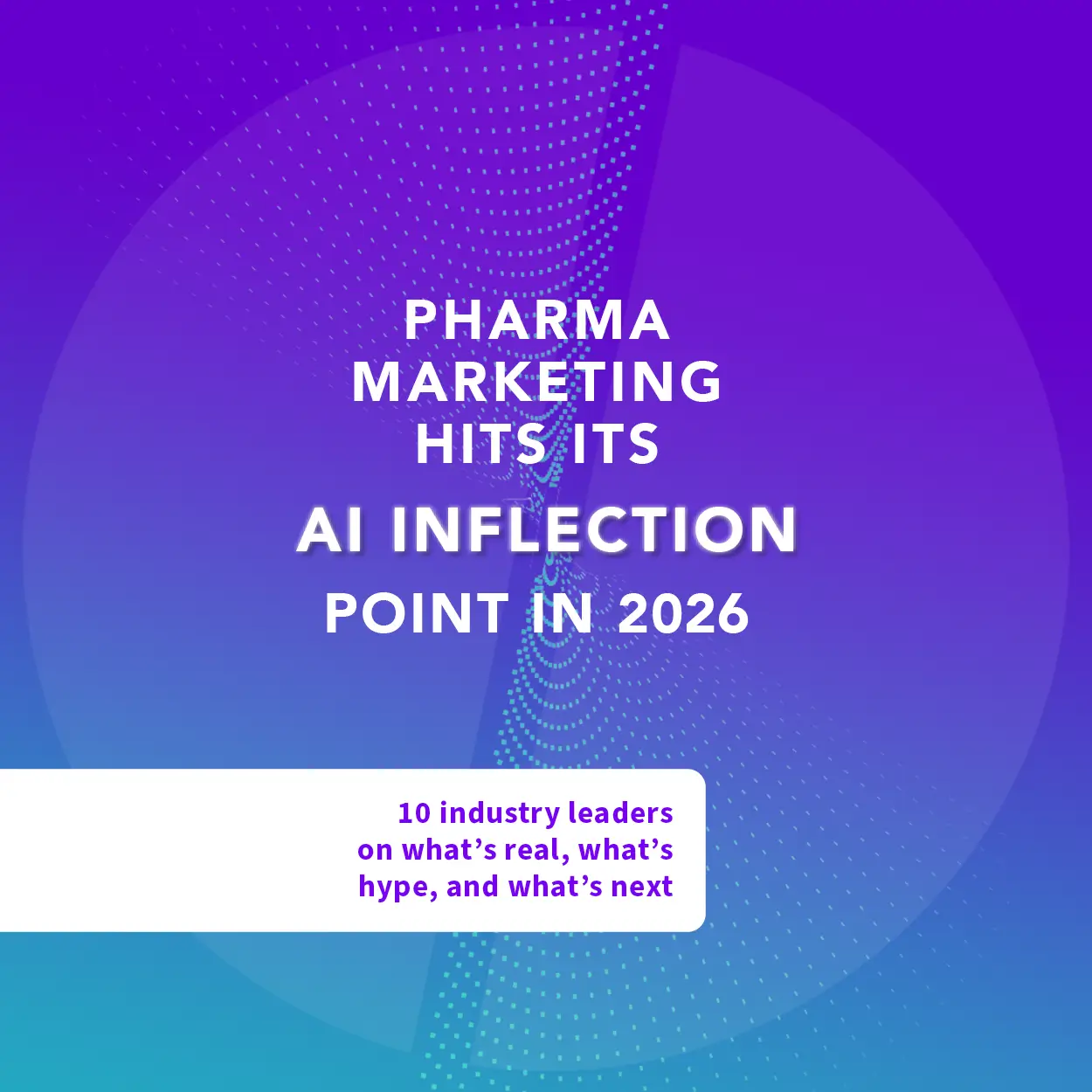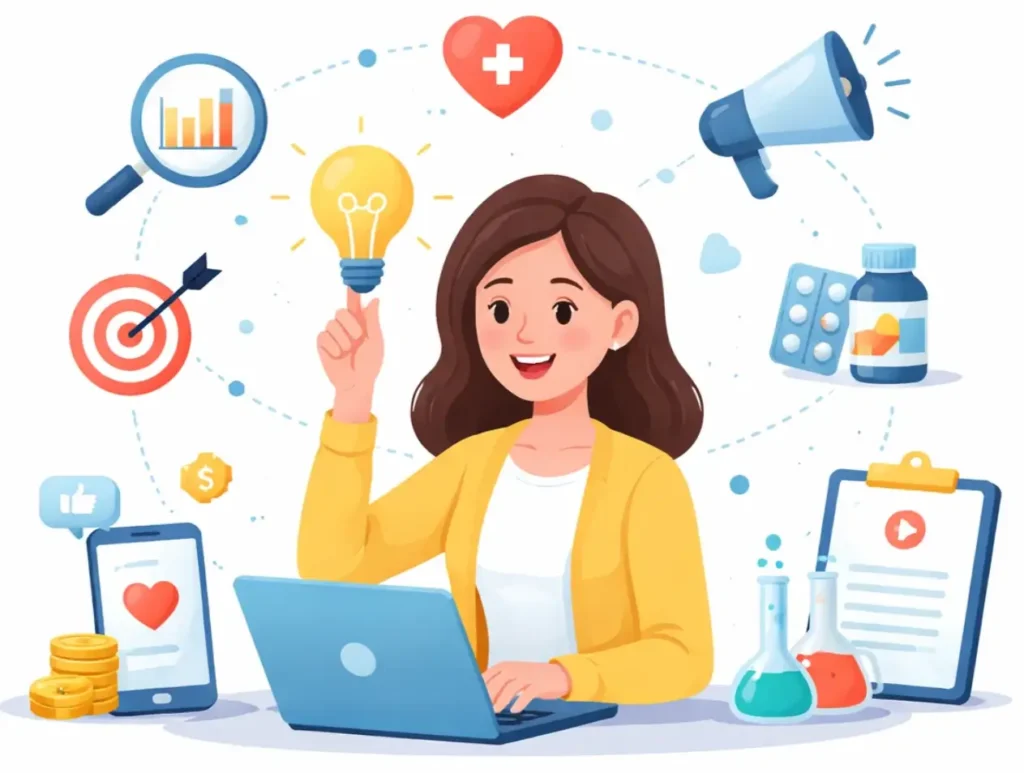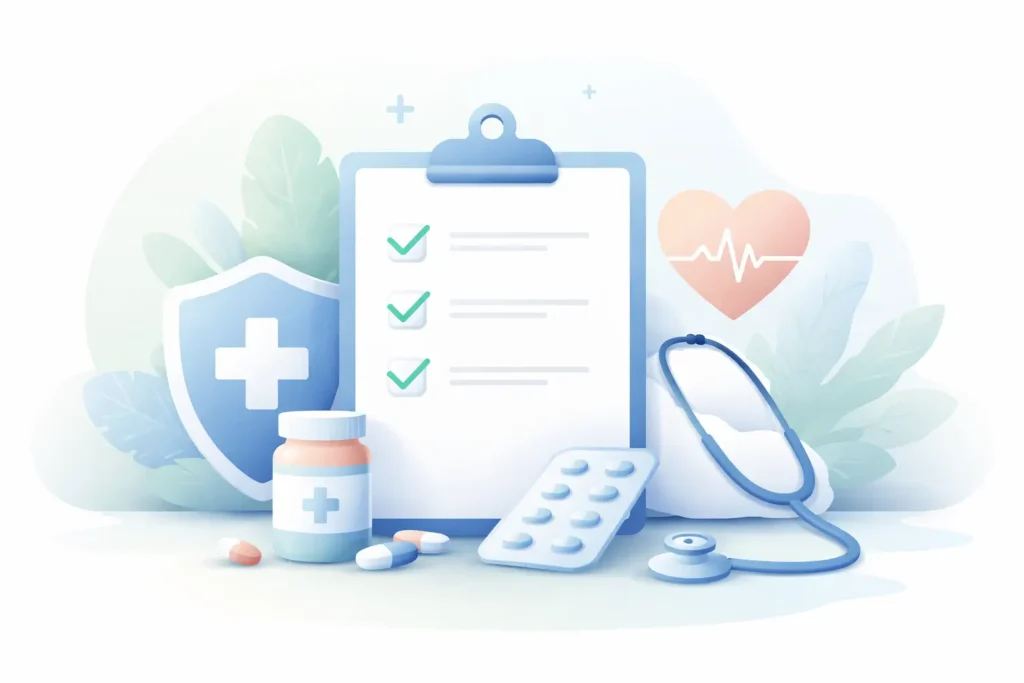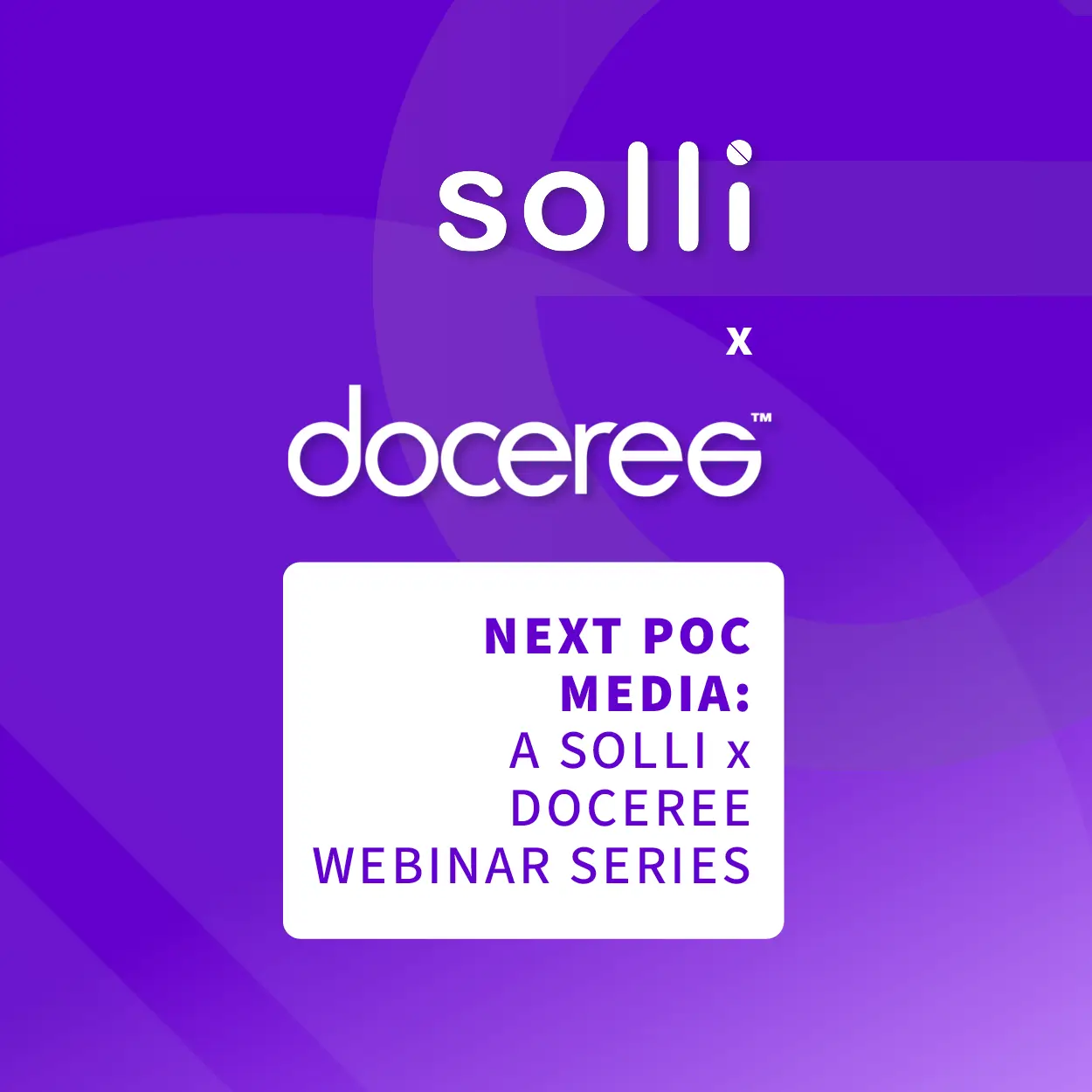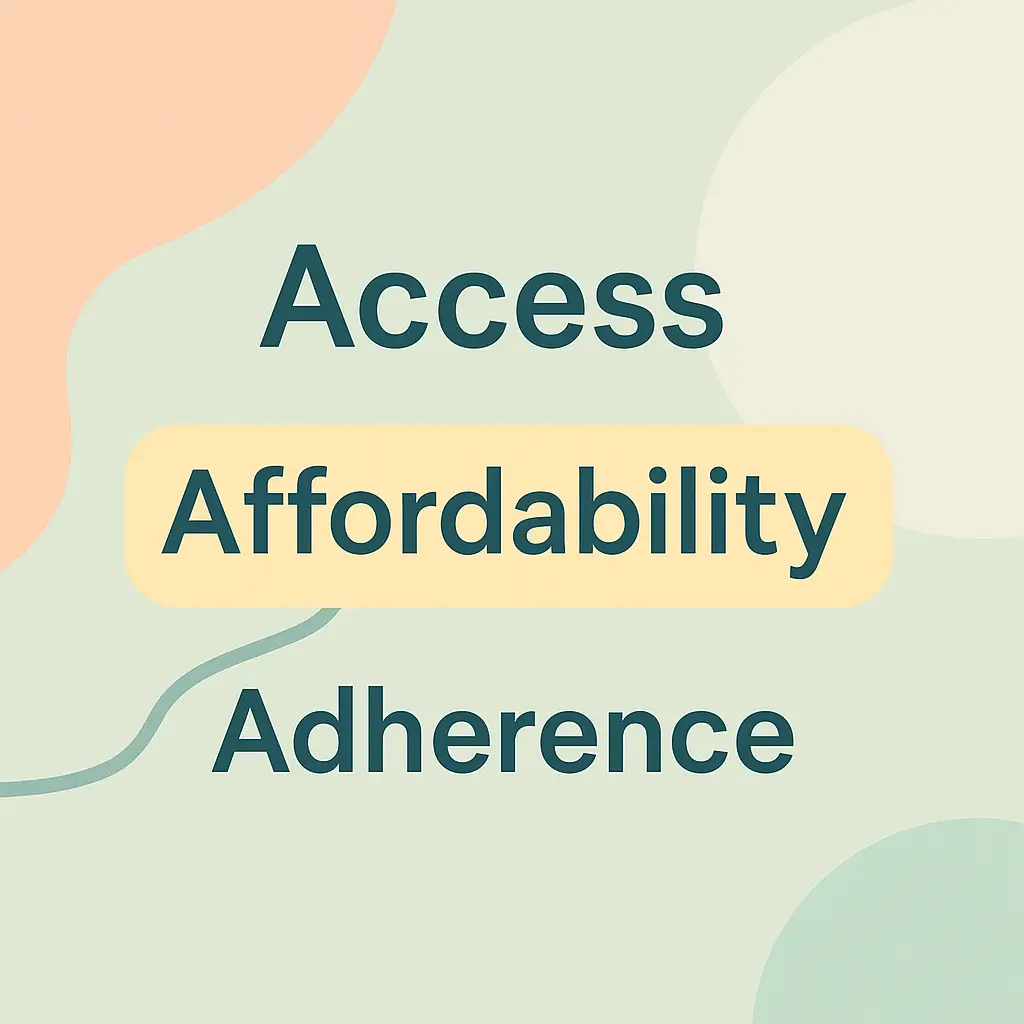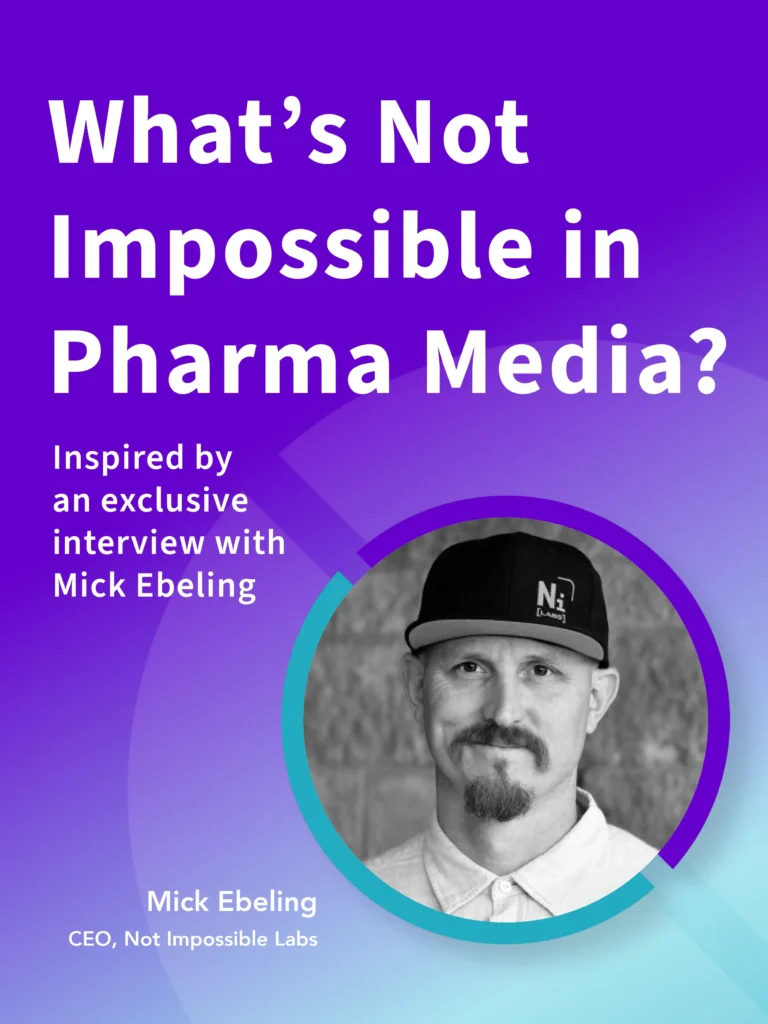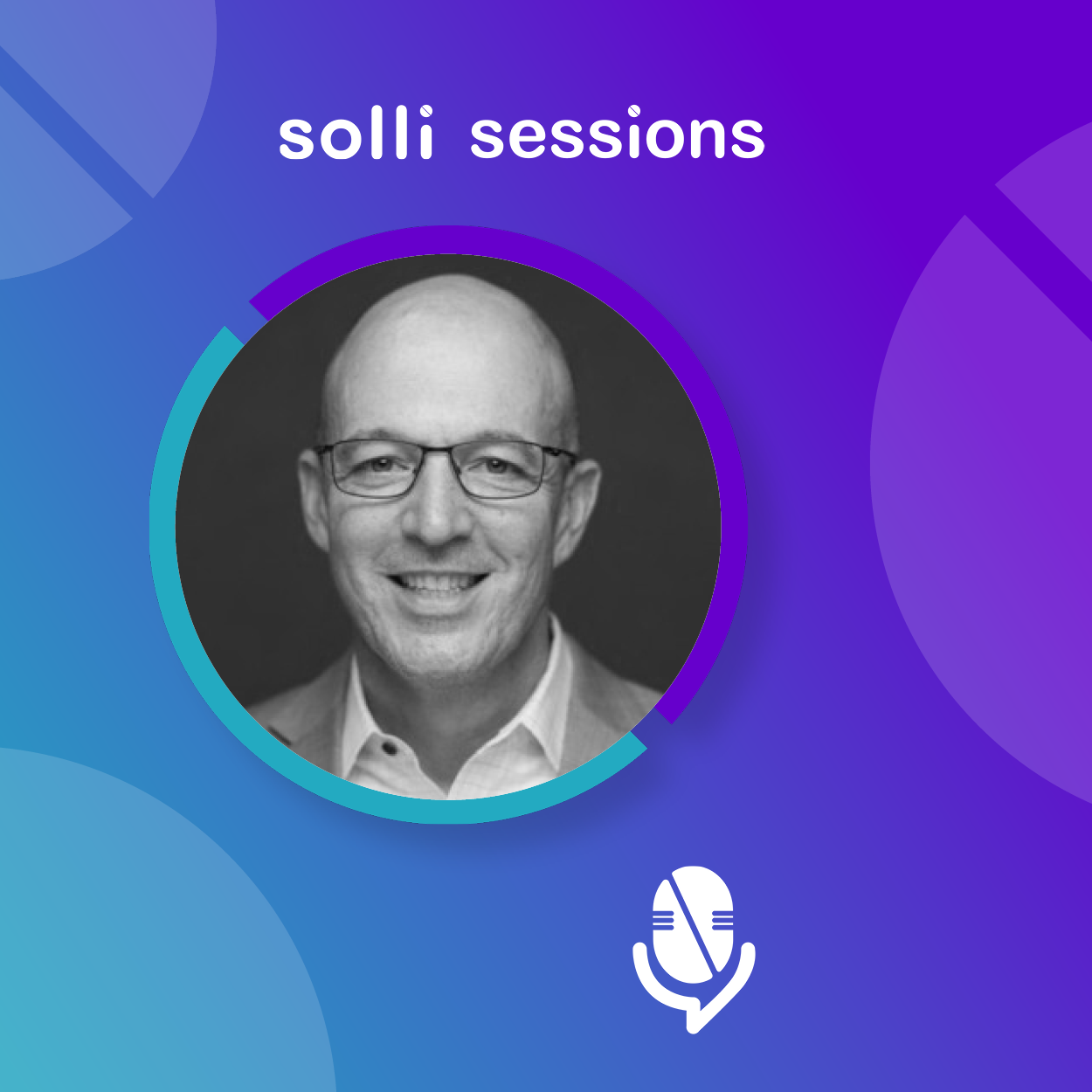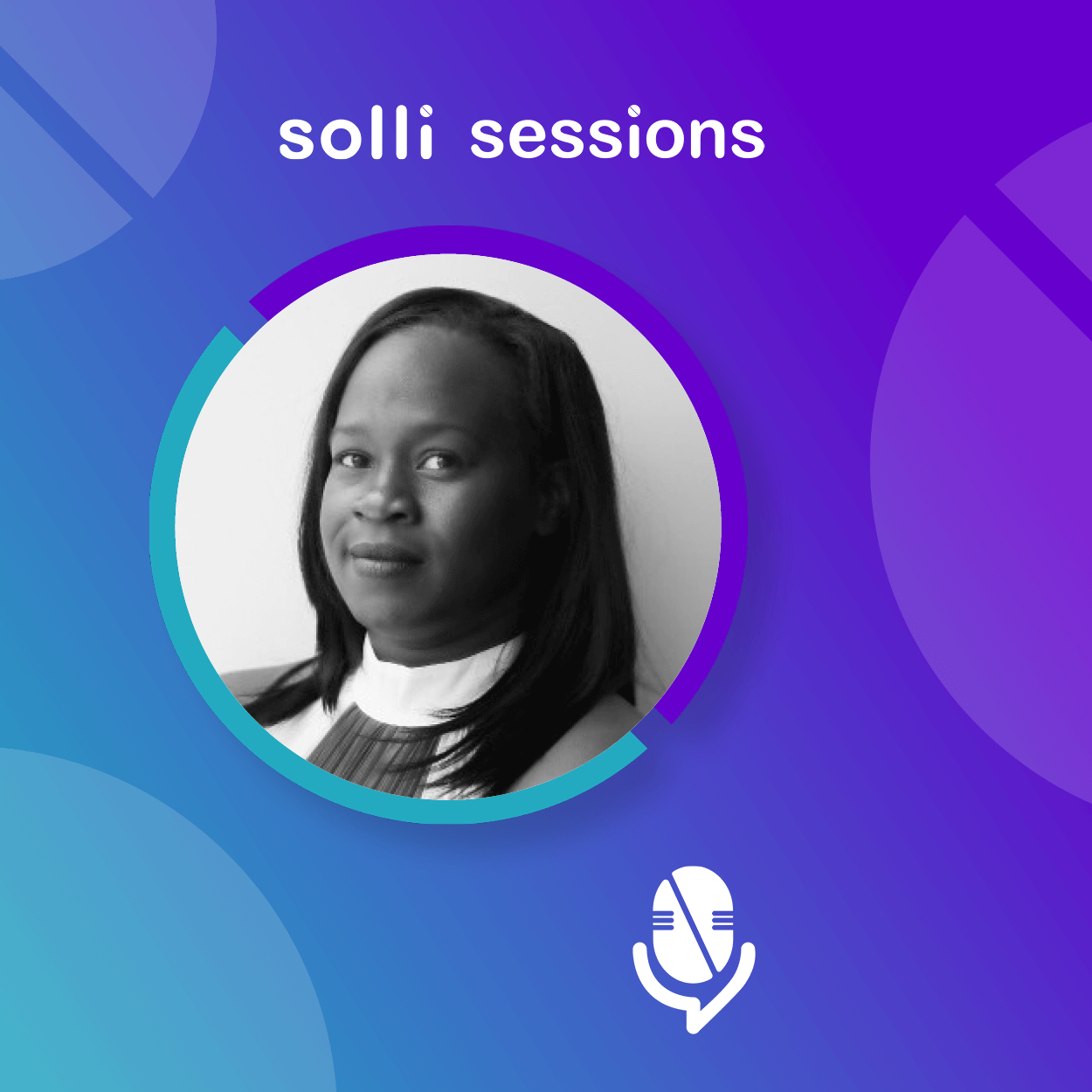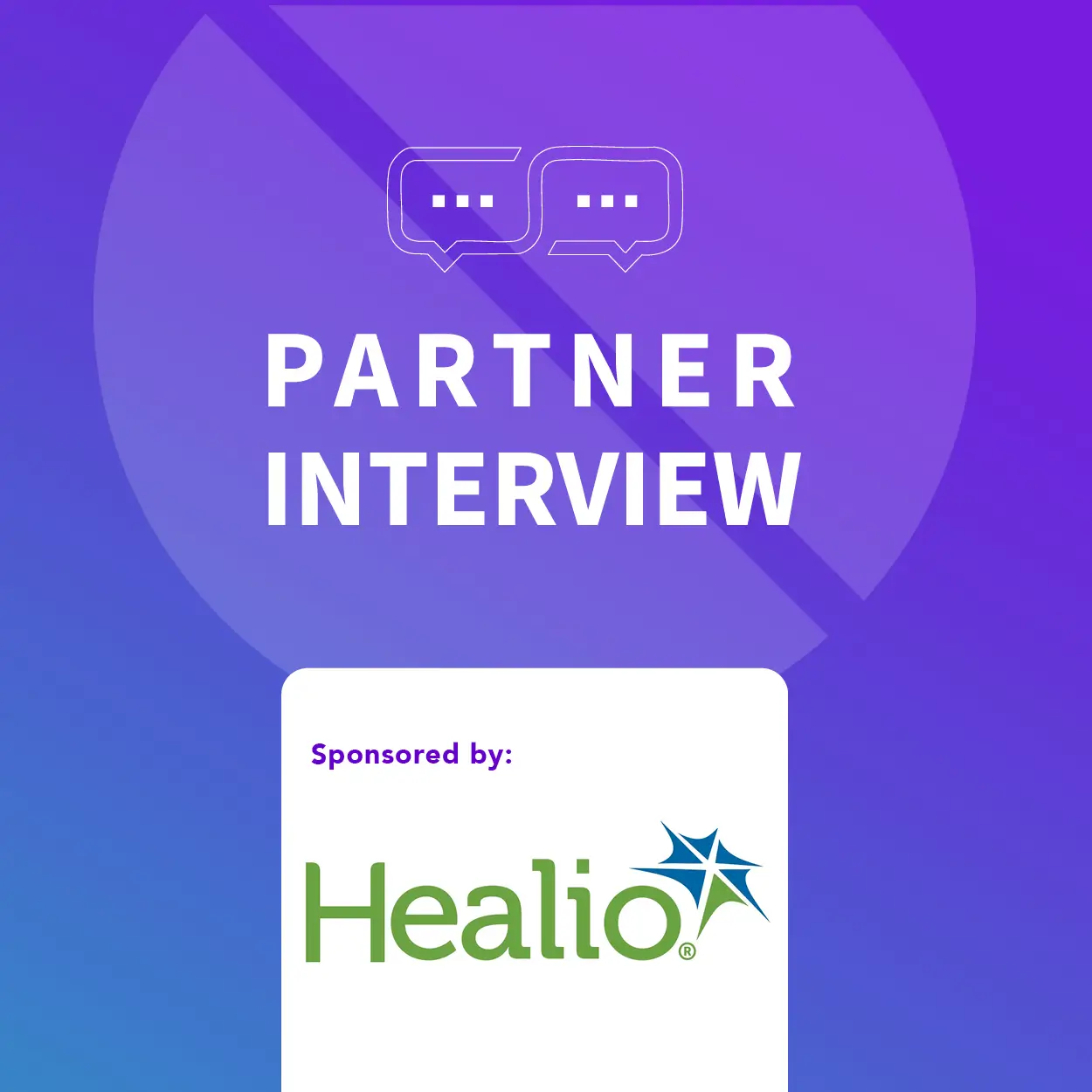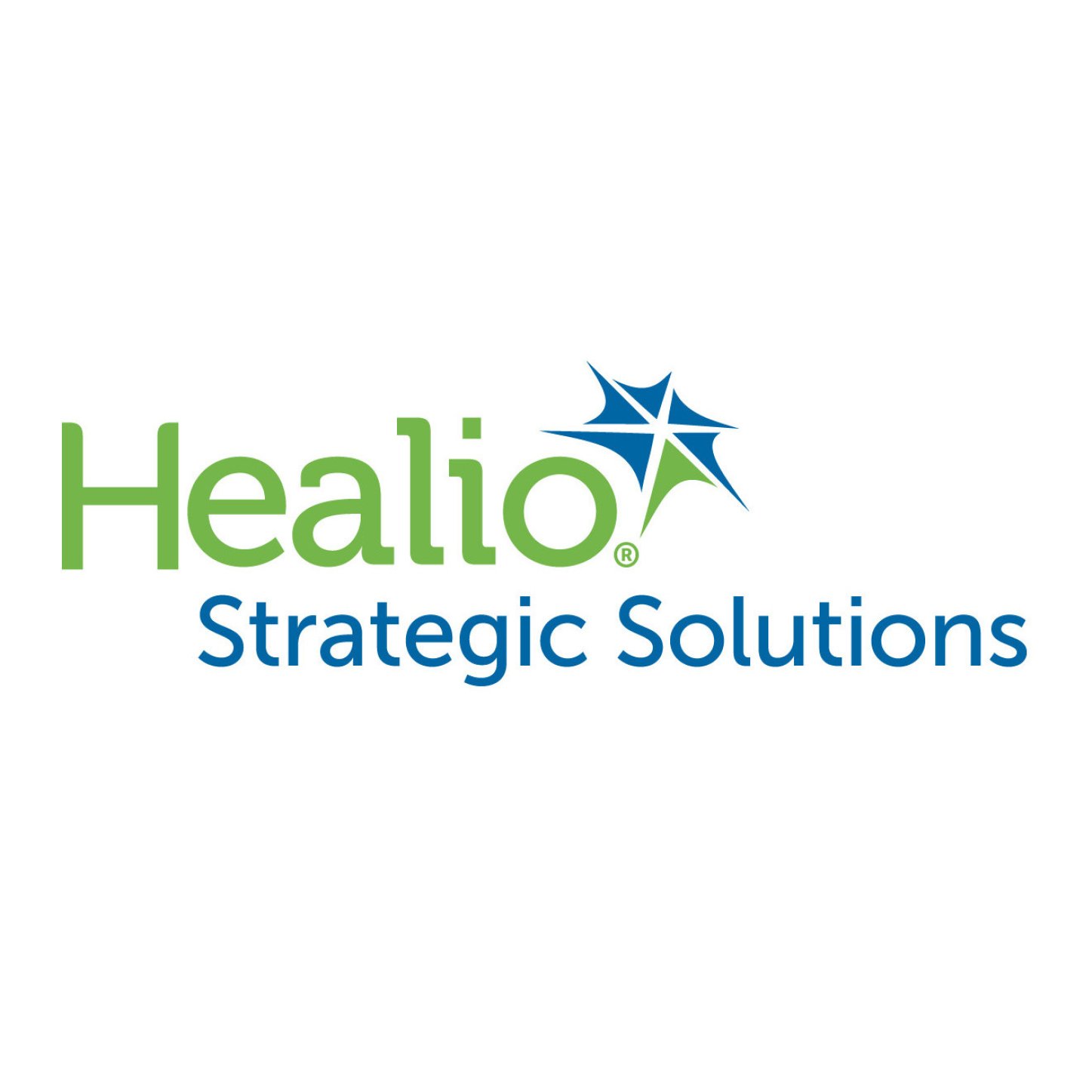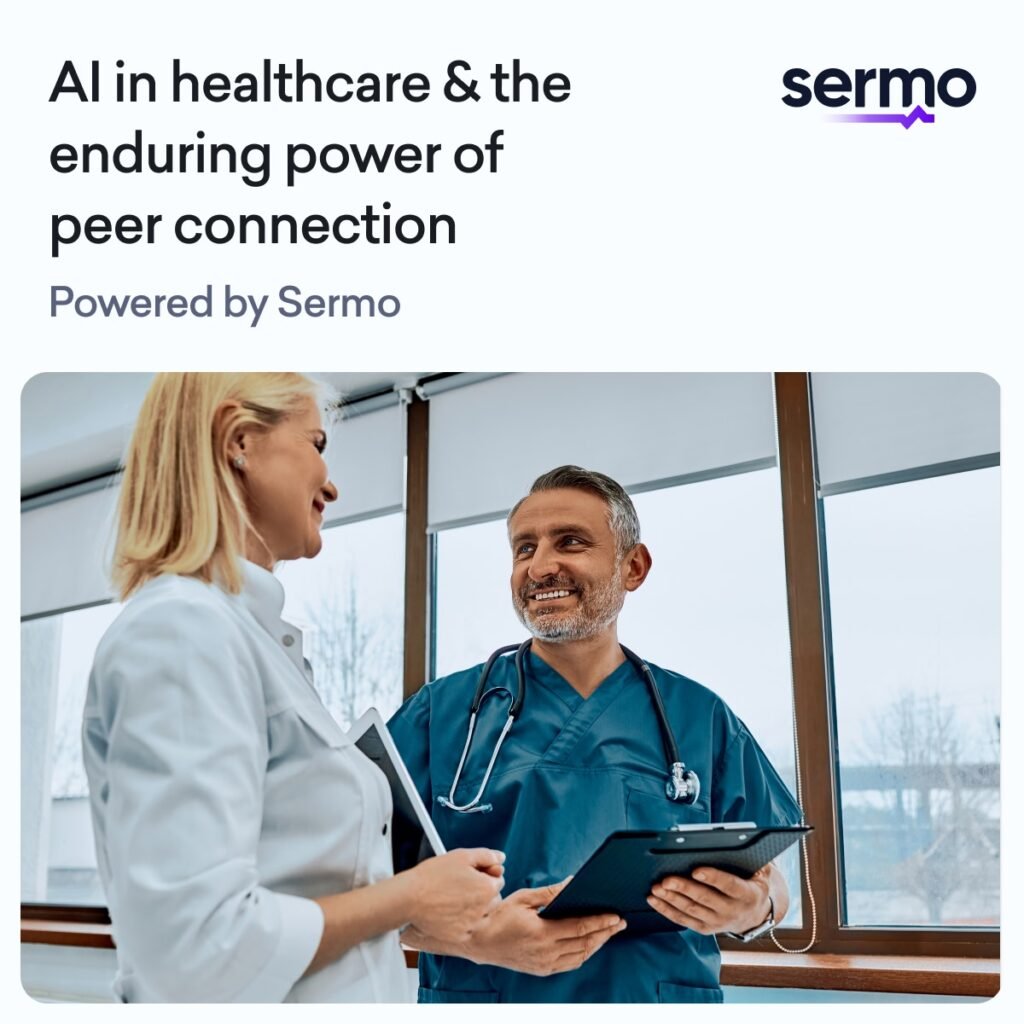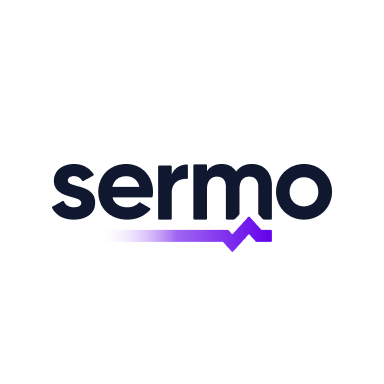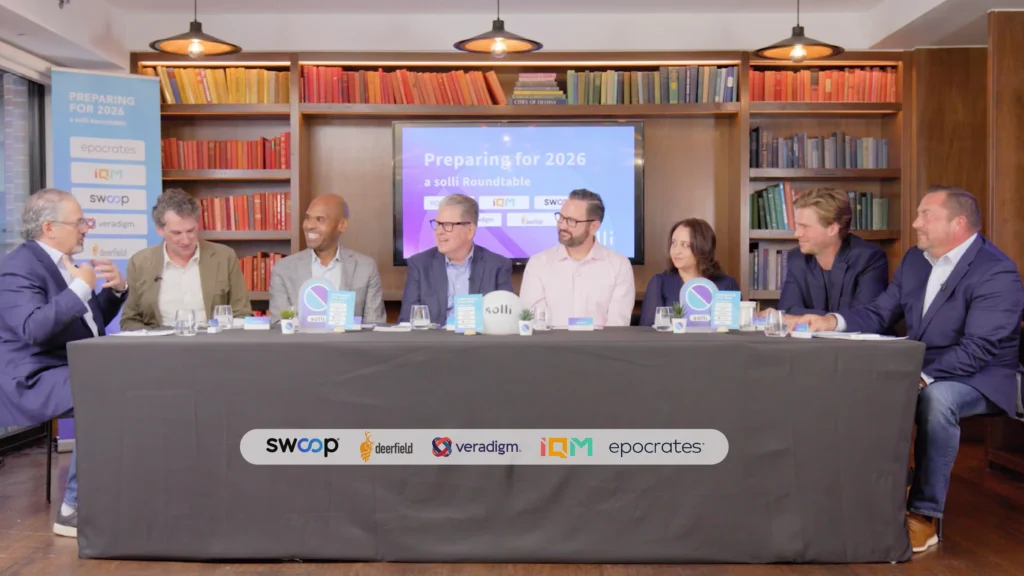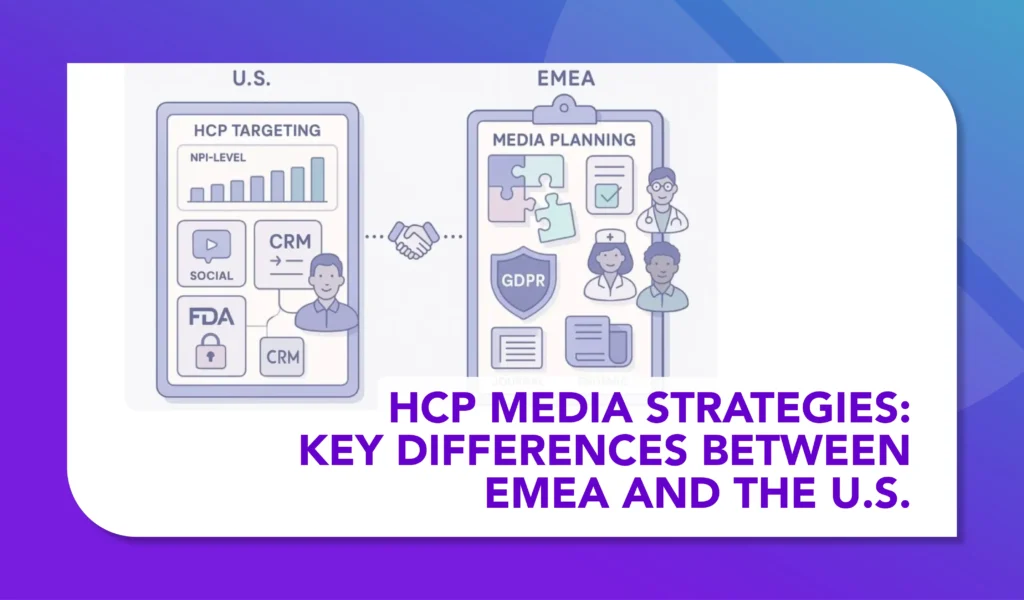Supporting Oncologists and Patients in the Age of AI
AI Is Redefining the HCP - Patient Oncology Conversation
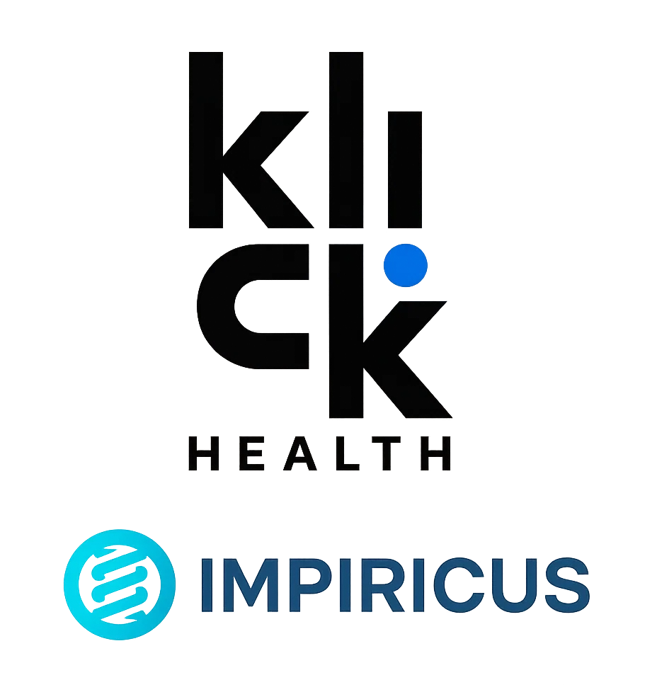
As generative AI tools like ChatGPT become part of daily life, more oncology patients are turning to these platforms — not just after diagnosis, but before and throughout treatment.
A new joint report from Klick Health and Impiricus, Beyond the Molecule: Supporting Oncologists and Patients in the Age of AI, reveals how this shift is quietly reshaping the patient–HCP dynamic — and what it means for pharma teams navigating an era of AI-informed care.
Based on SMS surveys with oncologists across the U.S., the study captures a moment of rapid transition: patients using AI to understand symptoms, explore treatment options, and even seek “virtual second opinions.” For many oncologists, this has introduced new complexities around misinformation, patient anxiety, and clinical trust.
The Patient – AI Surge
The data shows a clear trend: nearly half of surveyed oncologists report that their patients are already using AI tools to support their care decisions. Yet only one in ten believe this use is helpful.
Patients most often turn to AI early in their journey — during self-diagnosis, symptom research, or post-treatment exploration. While these tools can empower patients, they also risk creating confusion when AI-generated answers conflict with clinical guidance.
Commonly cited challenges included:
-
Misinformation and misplaced confidence in AI-generated advice.
-
Distrust or confusion when AI contradicts physician recommendations.
-
Increased consultation time spent debunking inaccuracies.
Oncologists: Curious but Cautious
While patient adoption is rising fast, most oncologists have yet to embrace AI-enabled tools themselves. Only 39% of respondents reported using resources such as the ASCO Guidelines Assistant, though many expressed interest in learning more or integrating AI into daily workflows.
For some, the barrier isn’t skepticism — it’s awareness.
This adoption gap highlights an emerging opportunity: pharma can act as an AI enabler — providing trusted, clinically sound tools and education that help HCPs adopt technology safely and effectively.
Pharma’s New Role: Beyond Molecules, Toward Meaning
The oncologists surveyed outlined clear expectations for industry support:
-
Invest in AI collaboration — co-developing tools that help with treatment decisions and data synthesis.
-
Educate patients about the benefits and pitfalls of AI, helping separate fact from misinformation.
-
Provide HCP-focused training and bite-sized, peer-reviewed content to support faster decision-making.
-
Simplify digital access through apps, alerts, and AI-assisted platforms that fit seamlessly into existing clinical workflows.
solli’s final thoughts
As AI reshapes the contours of cancer care, pharma’s role is expanding — from delivering treatments to shaping trust in a new digital dialogue. The next frontier isn’t about replacing human insight, but amplifying it: helping oncologists harness AI safely, guiding patients toward reliable understanding, and ensuring that technology deepens — not disrupts — the human connection at the heart of oncology.
By embracing this shift, pharma can move beyond molecules to become a true partner in precision care — one that connects innovation with empathy, empowers informed decision-making, and builds confidence in an AI-enabled future where every interaction, digital or human, supports better outcomes.
Download the full report HERE

